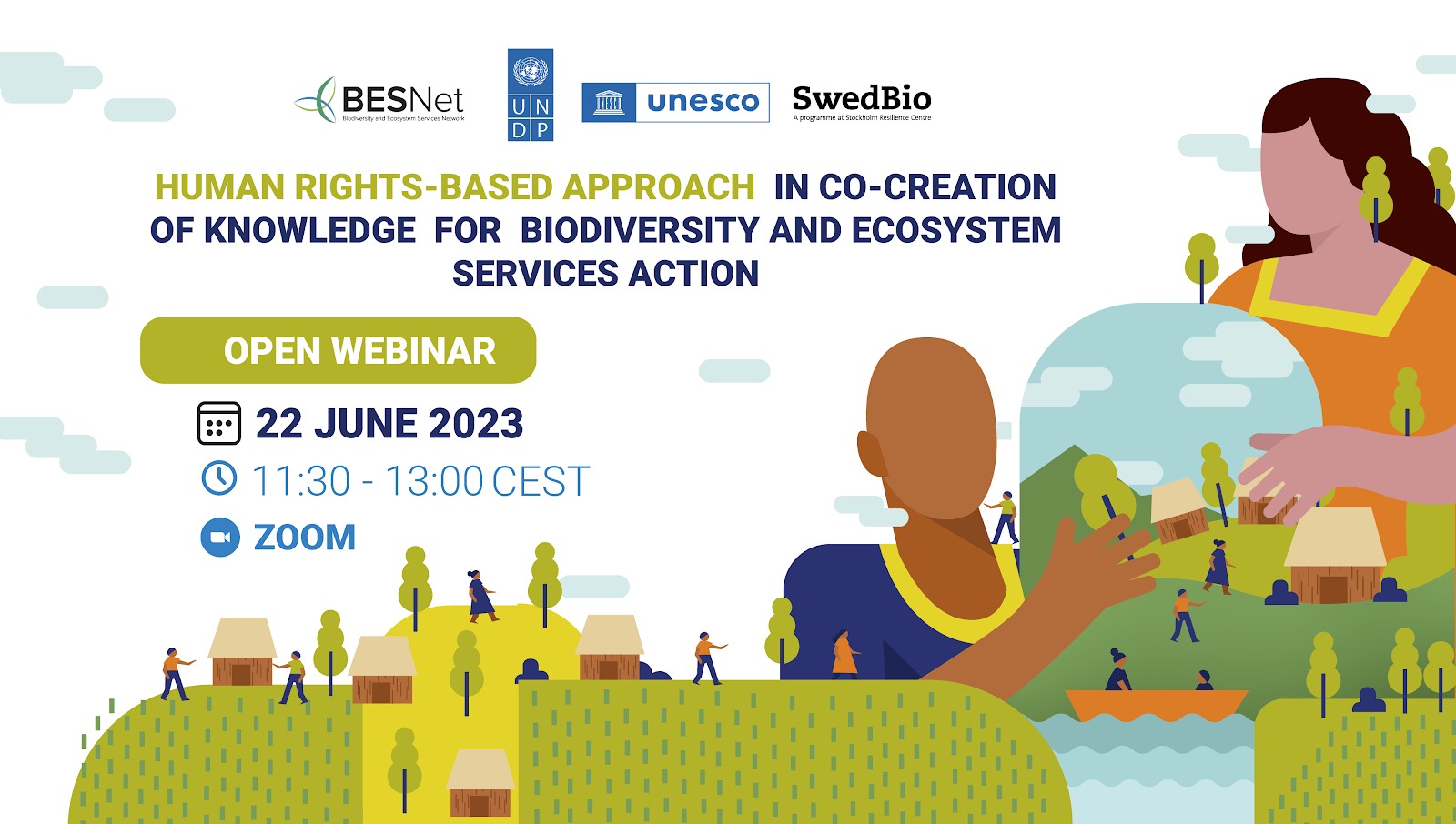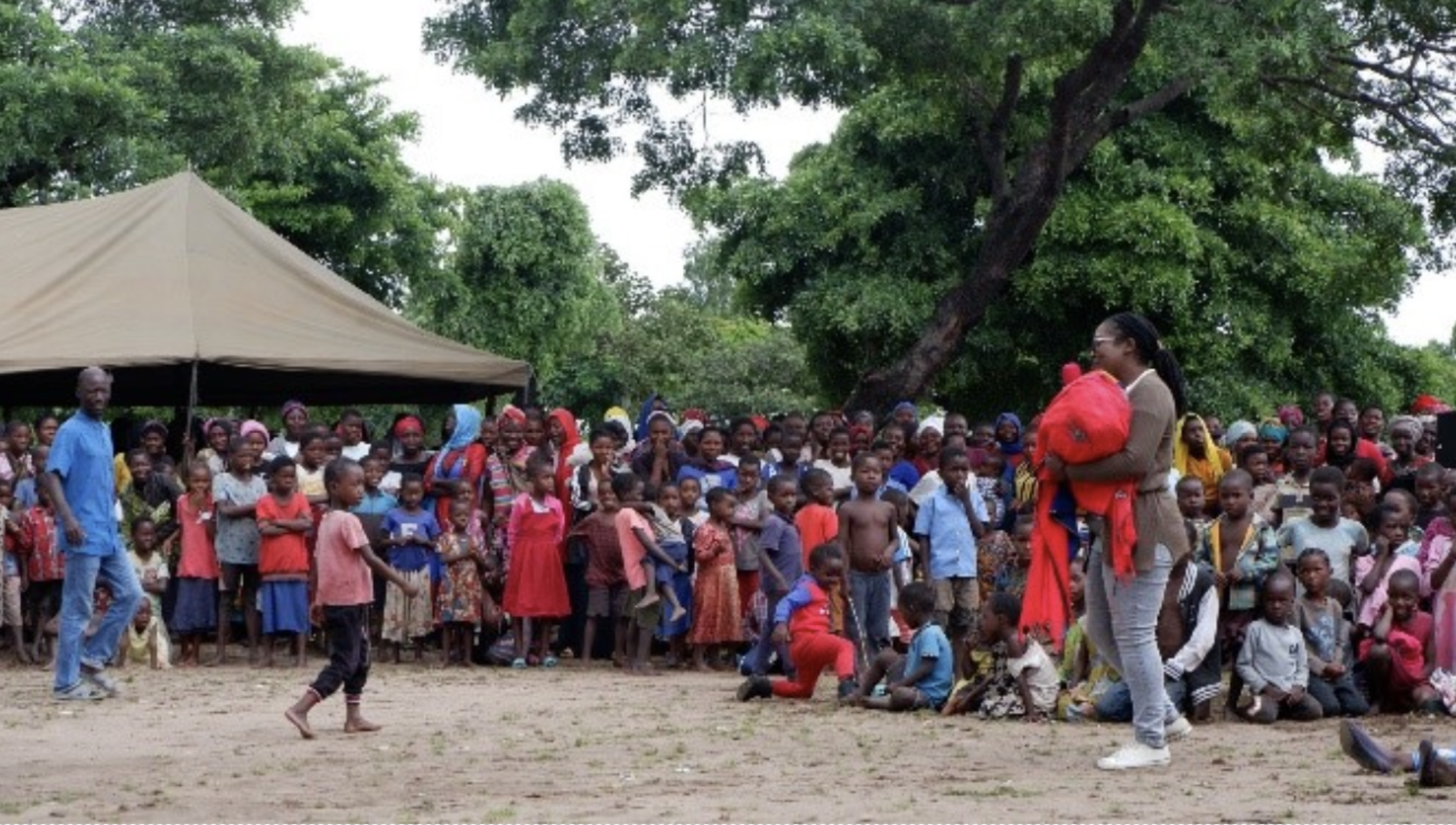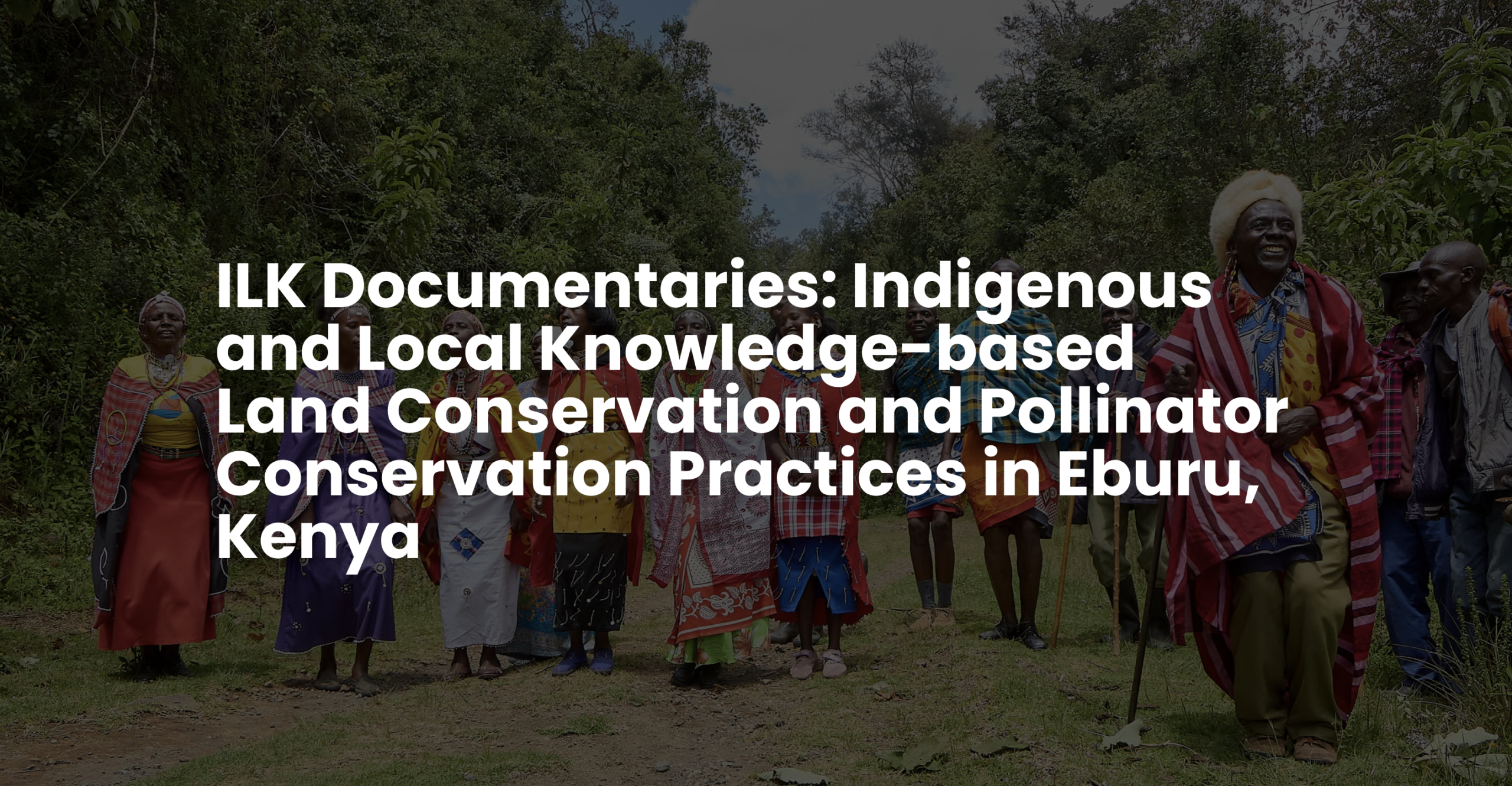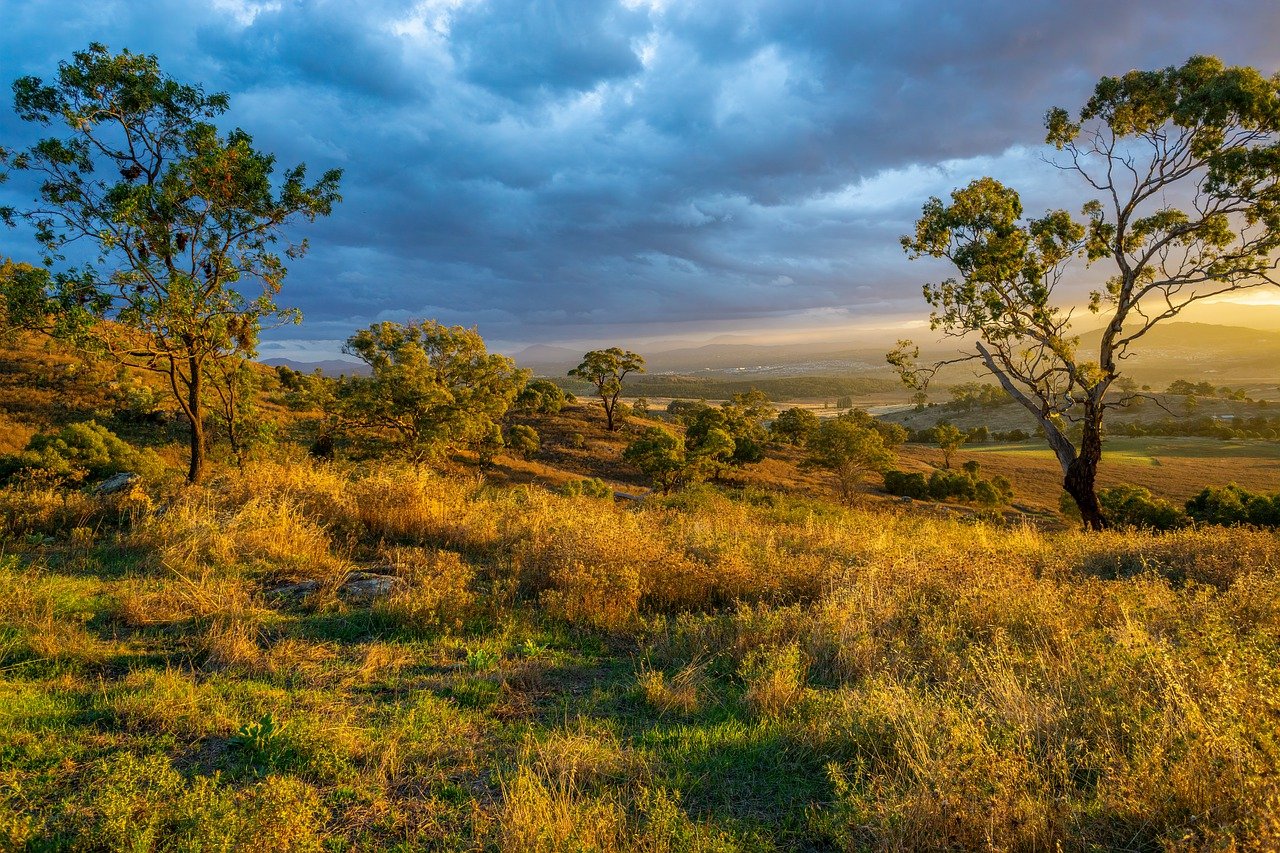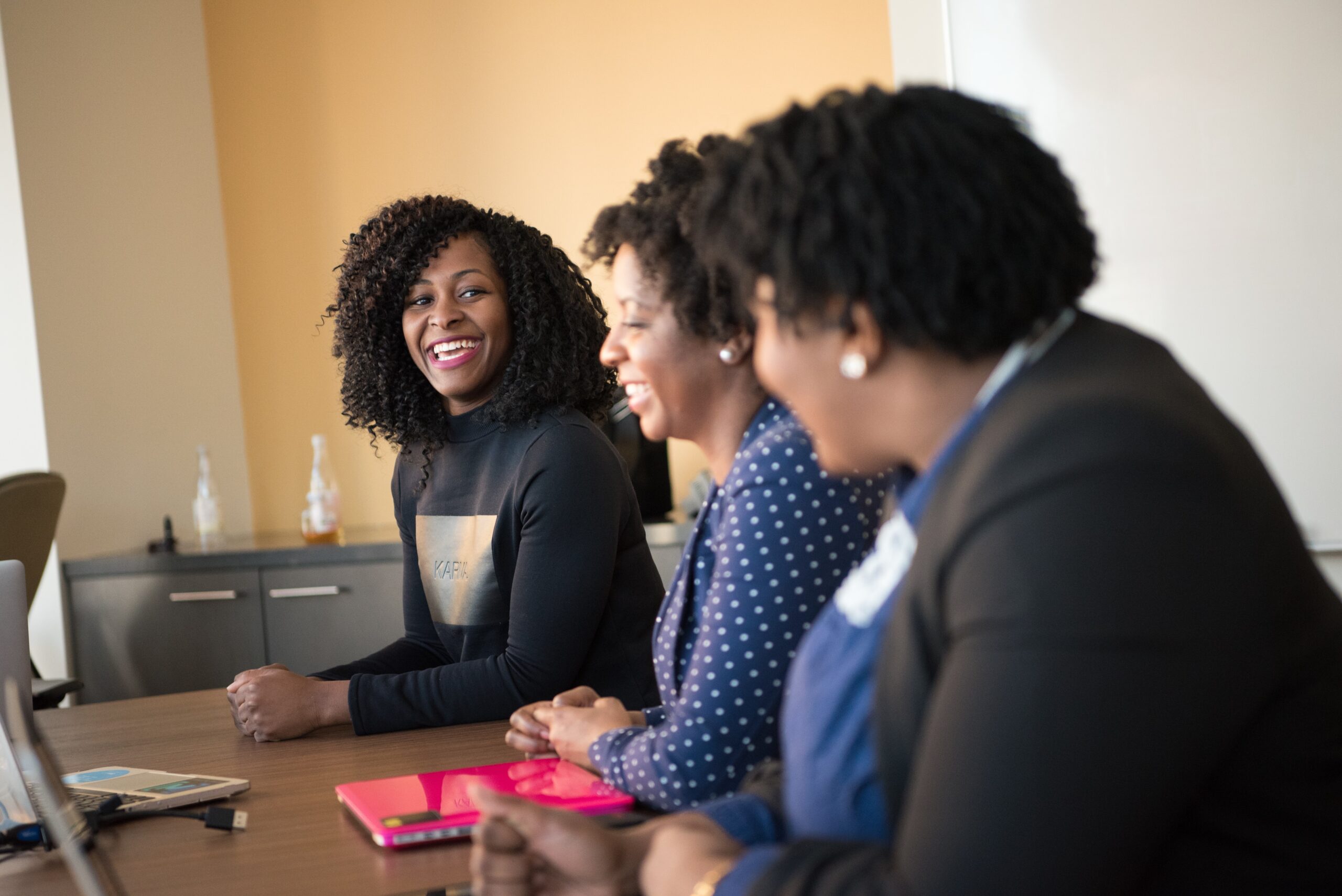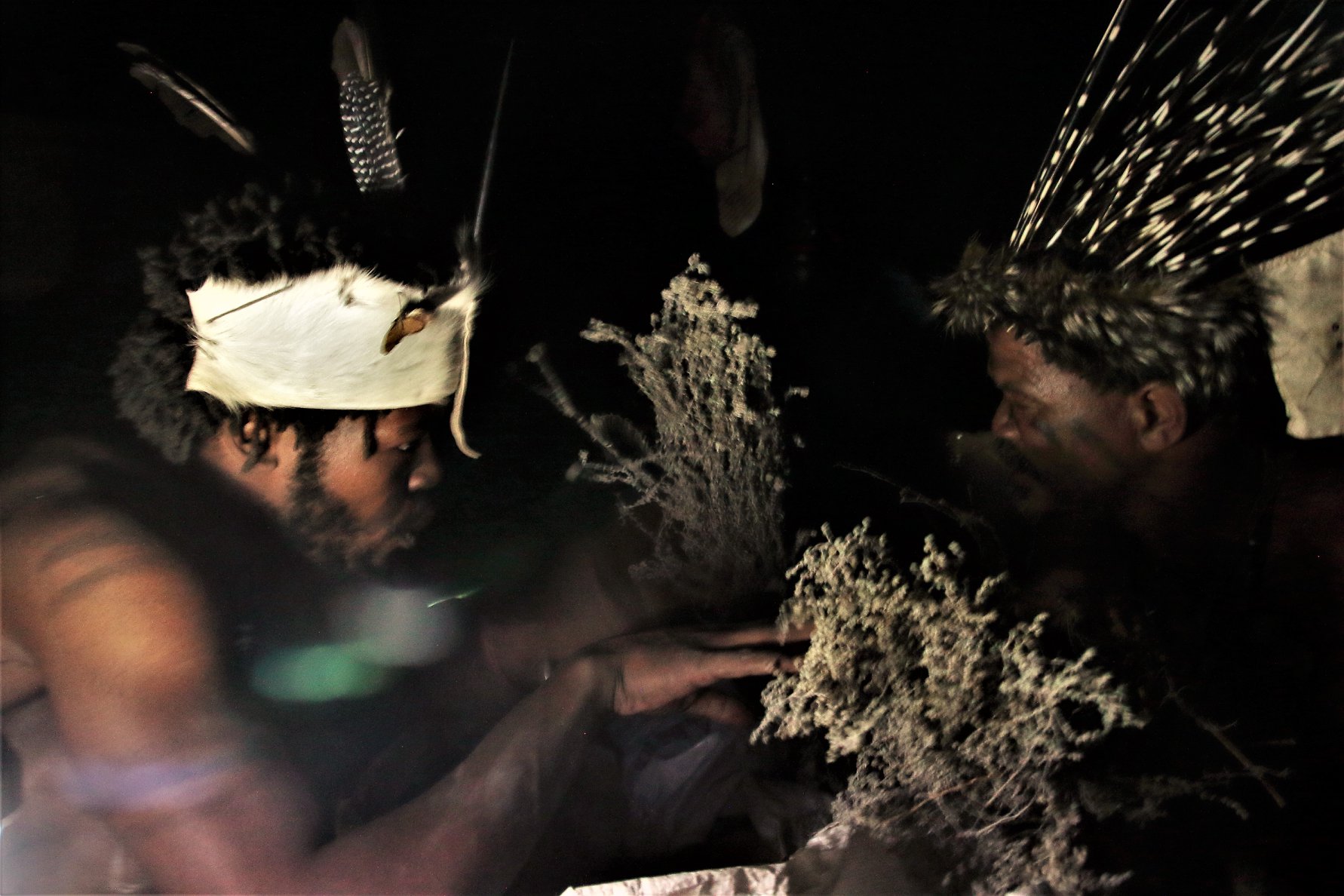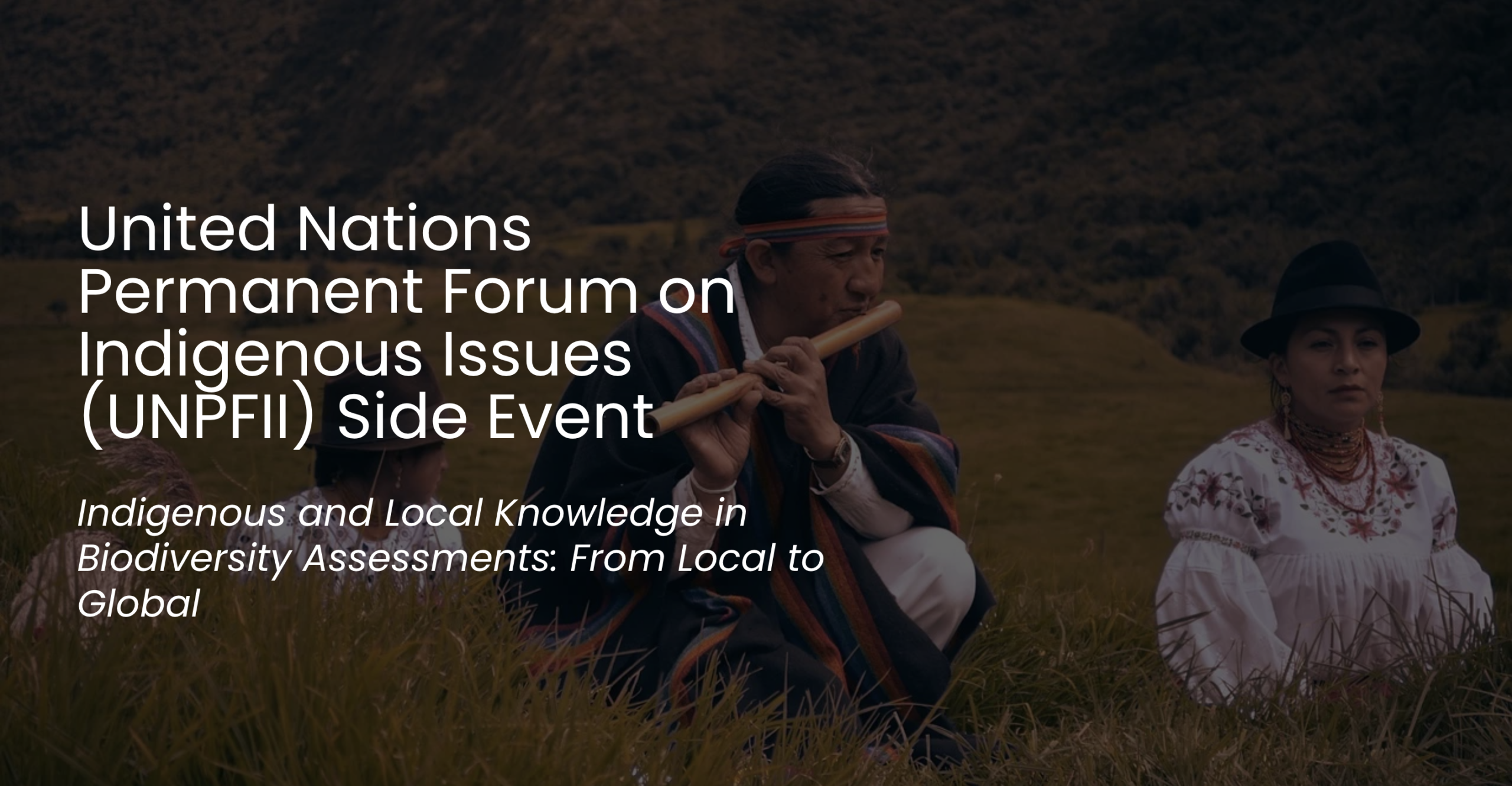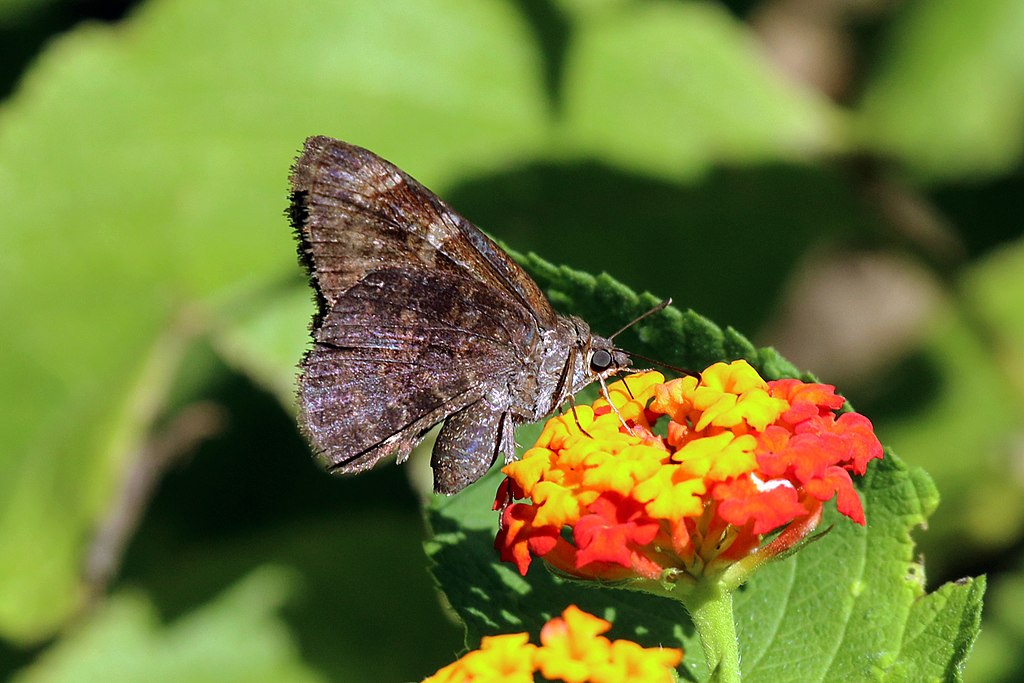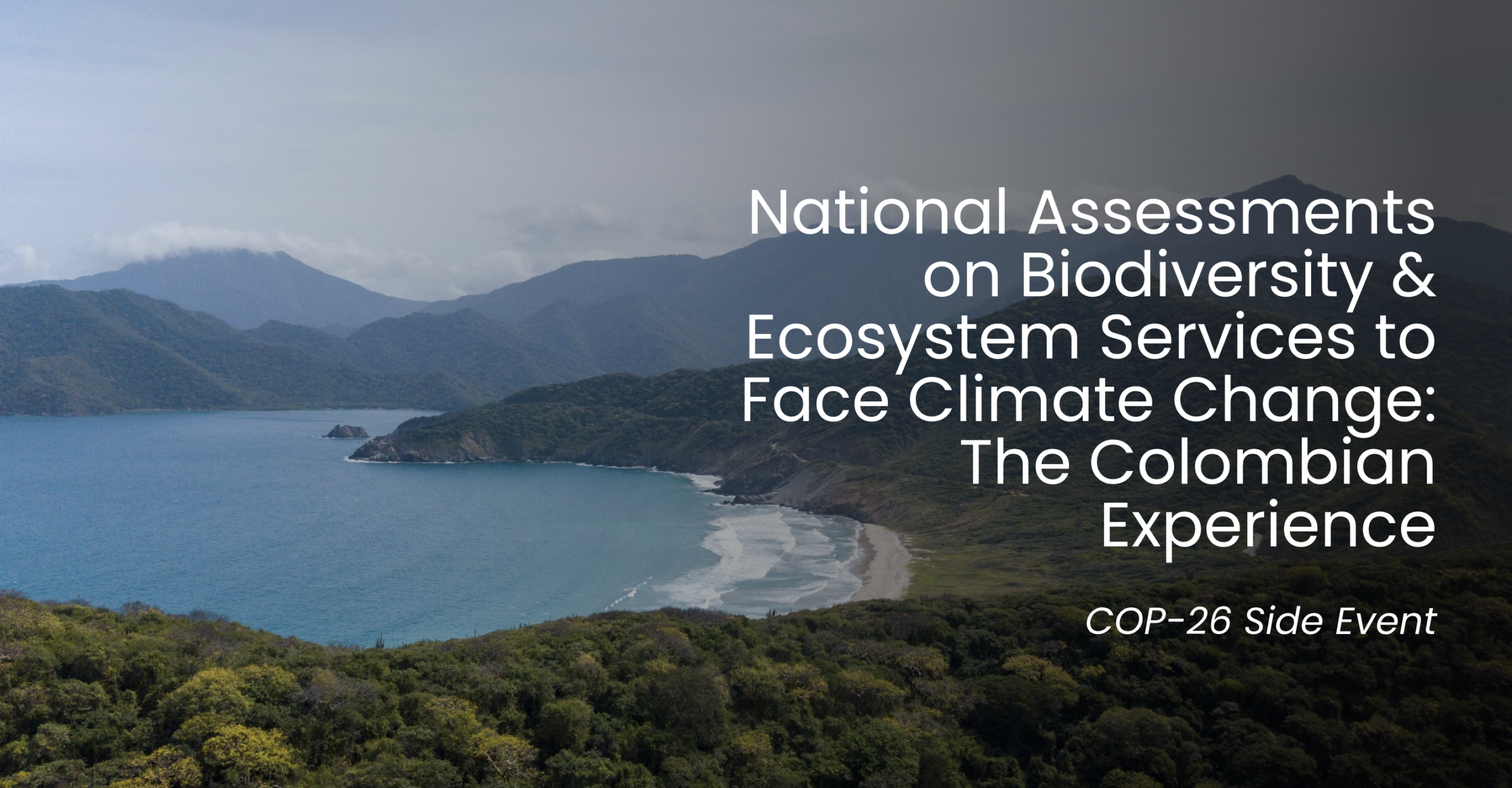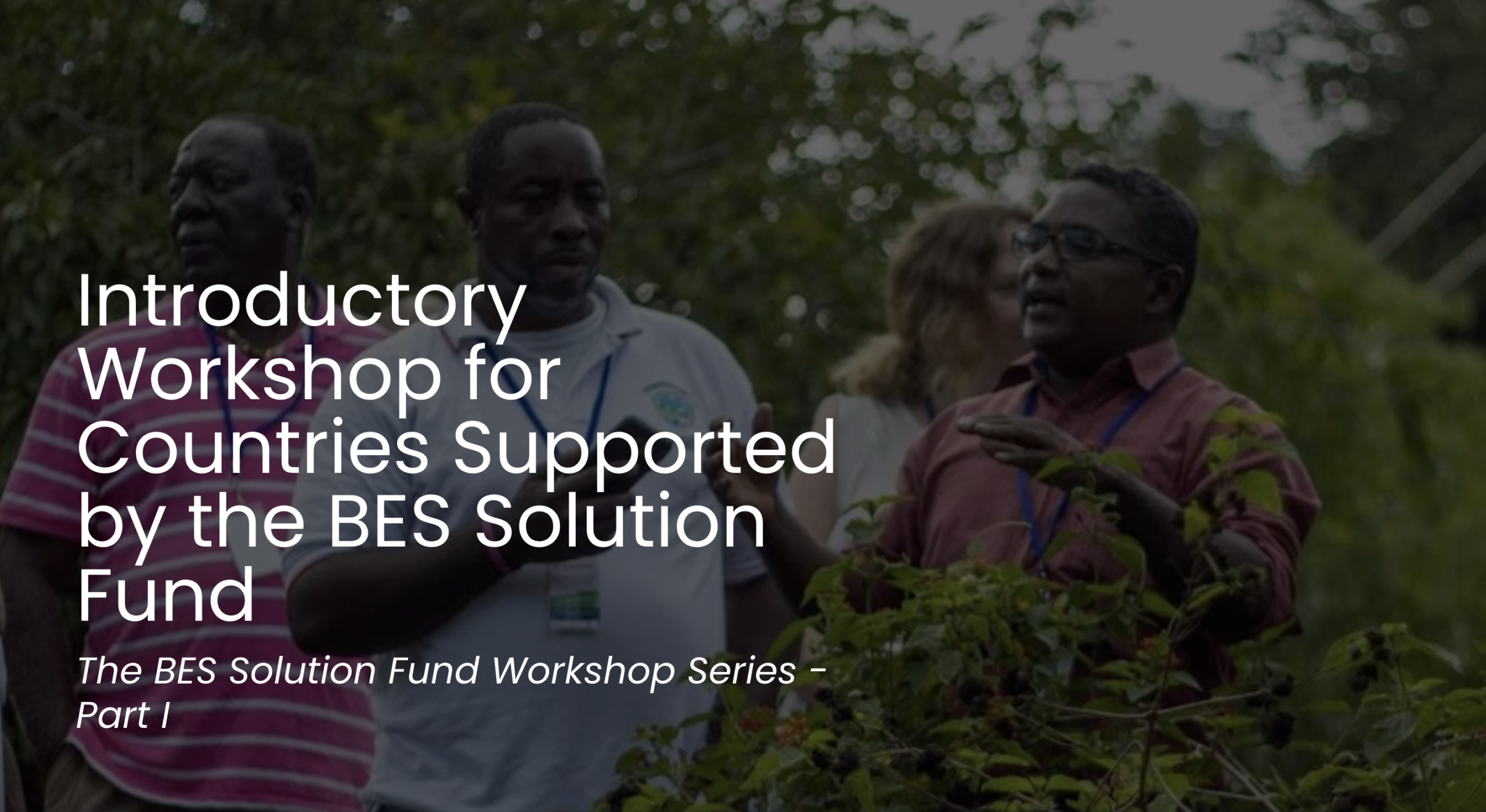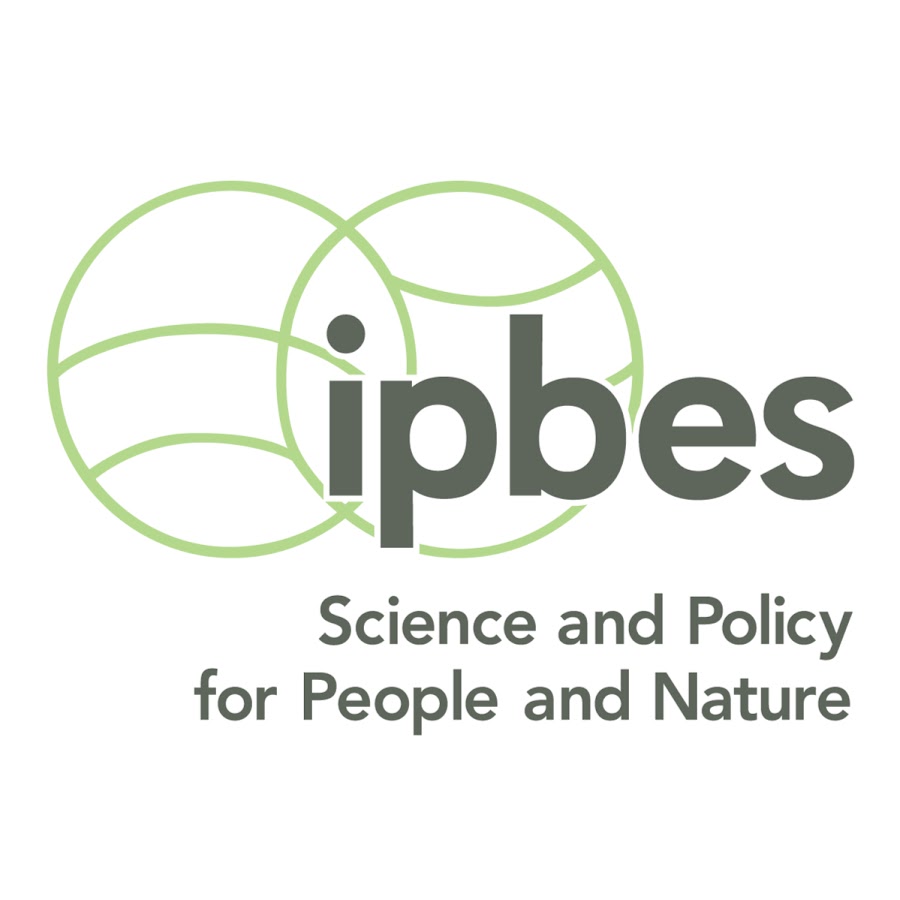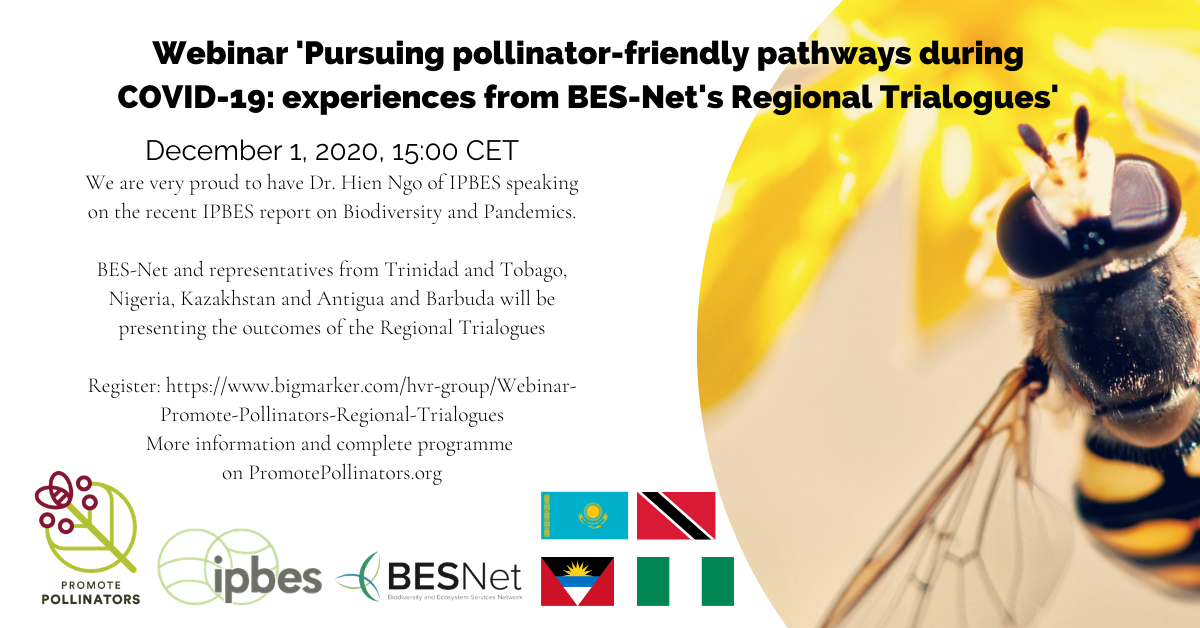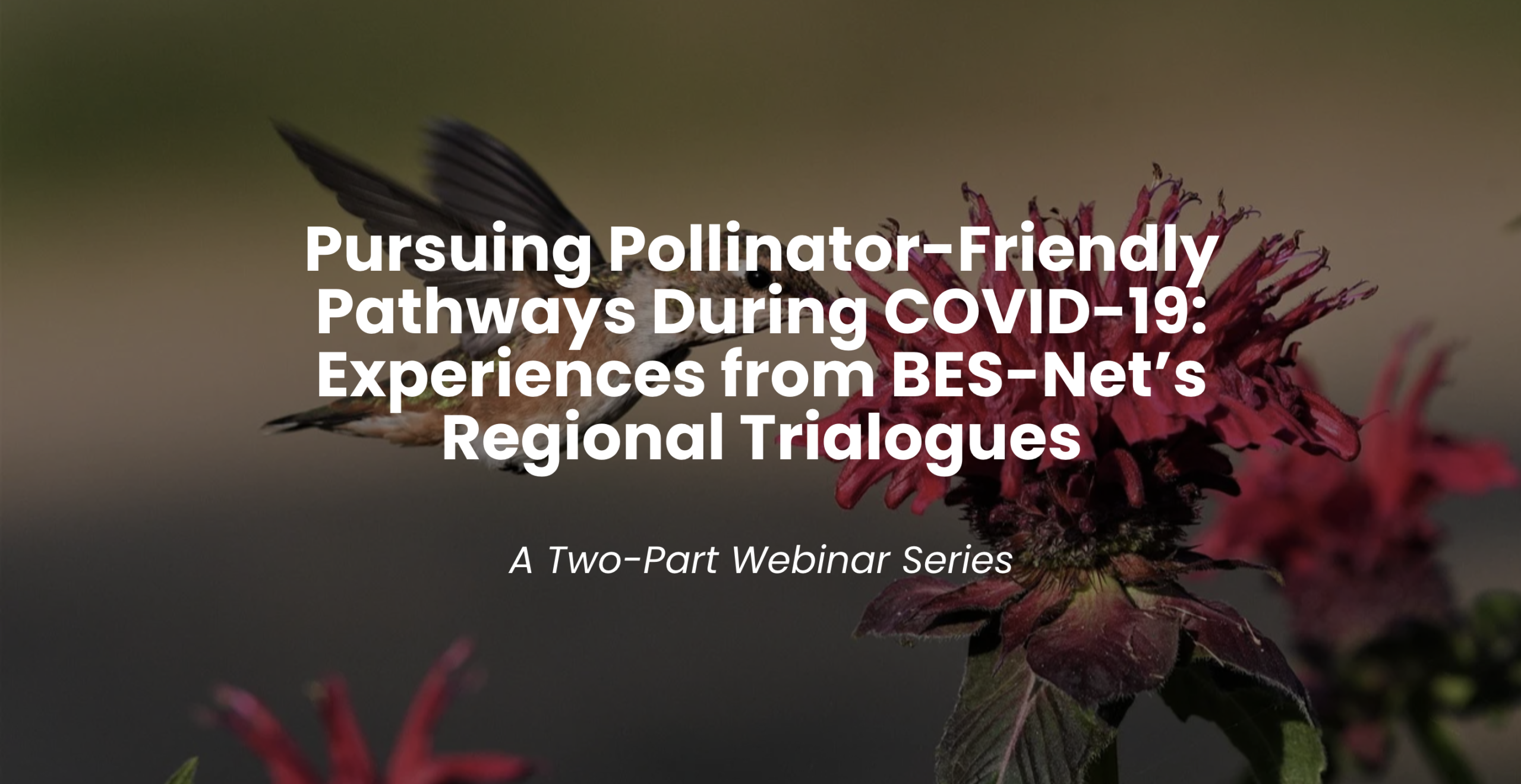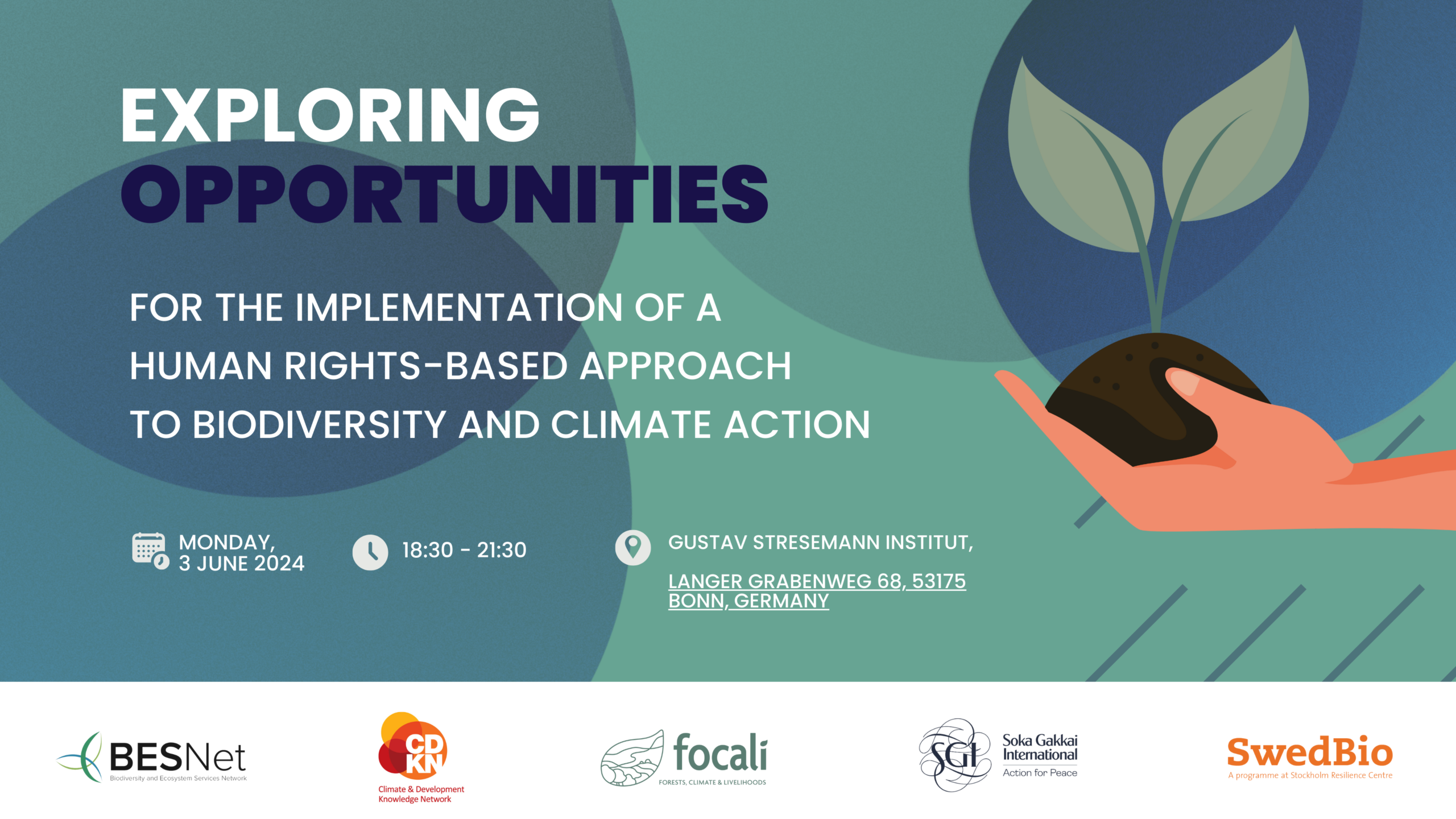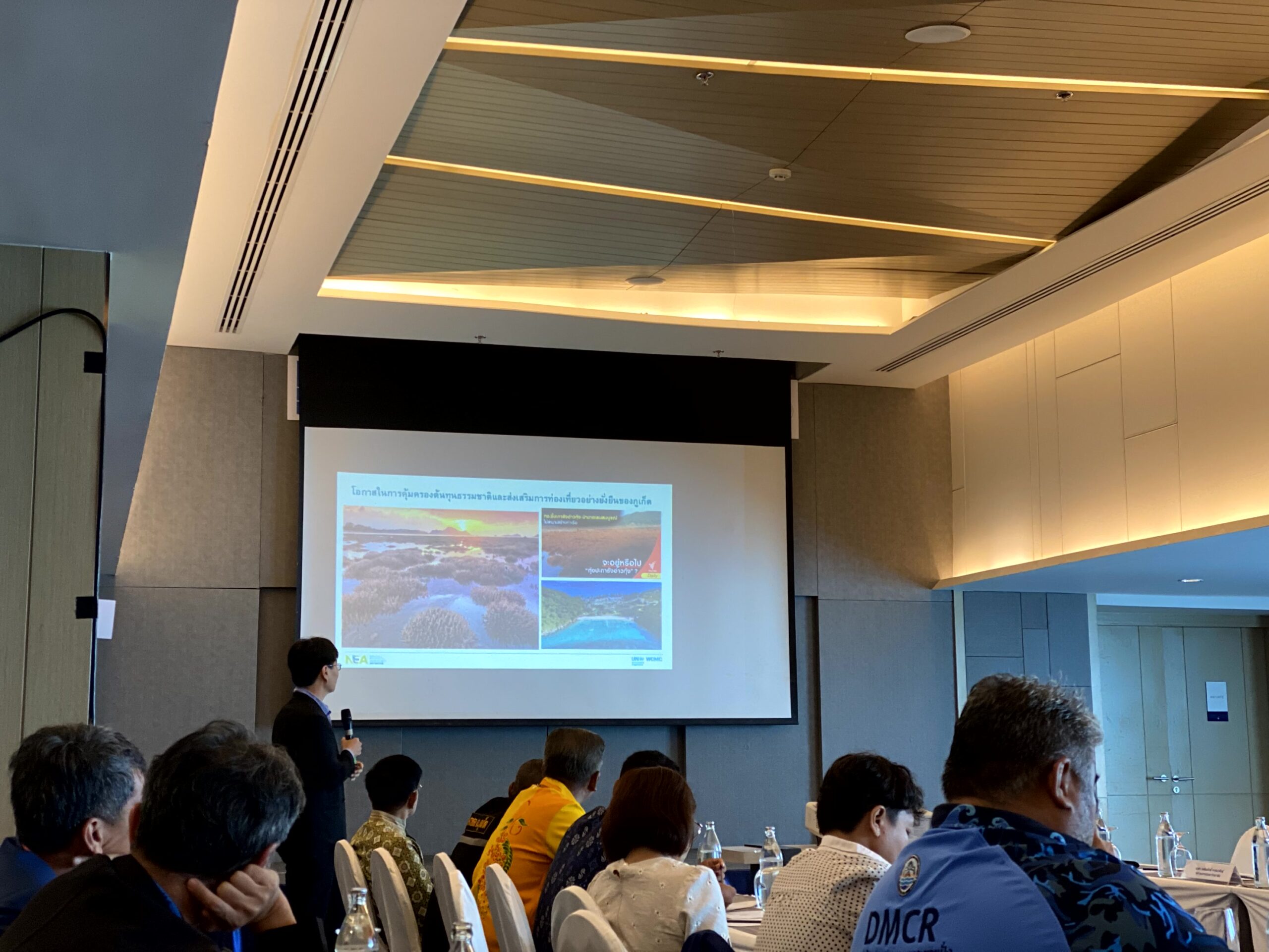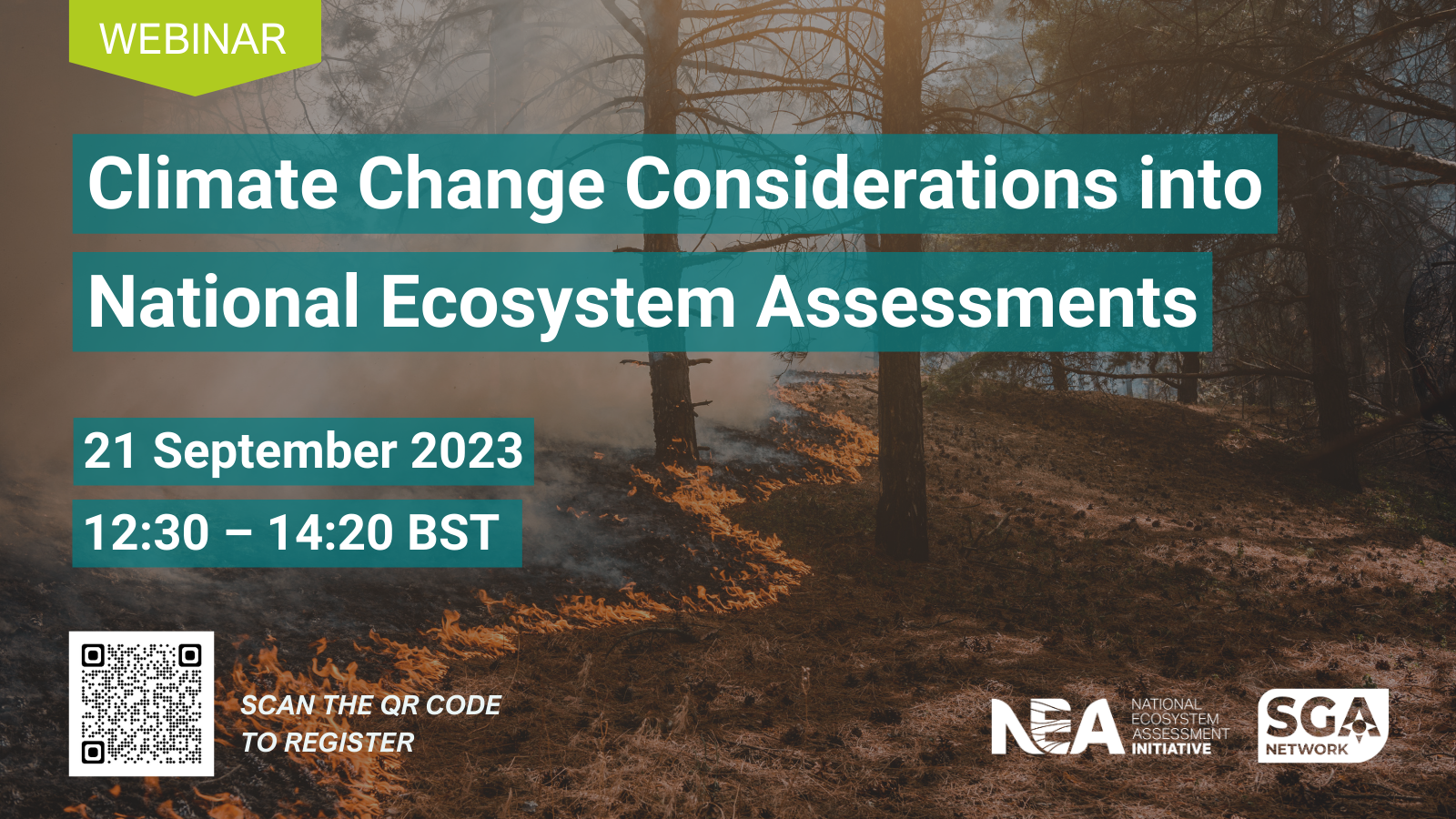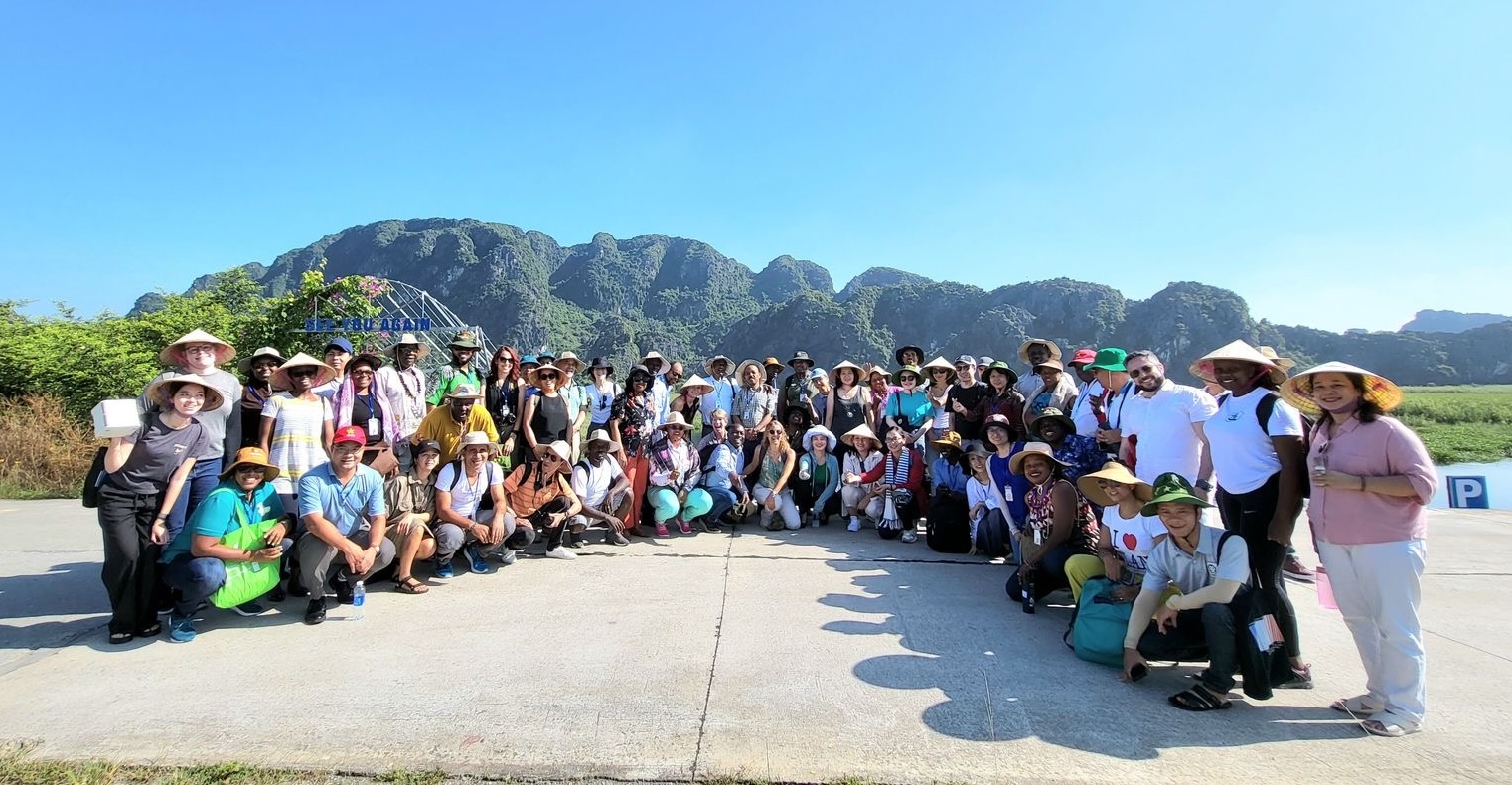About this Workshop
As part of the dialogue process – comprised of a series of three workshops – Workshop 1: Indigenous Peoples, Local Communities, Women and Youth will focus on empowering Indigenous Peoples, local communities, women and youth.
It aims to incorporate their unique perspectives and knowledge into biodiversity and climate action strategies, ensuring that these groups have a voice in the dialogue.


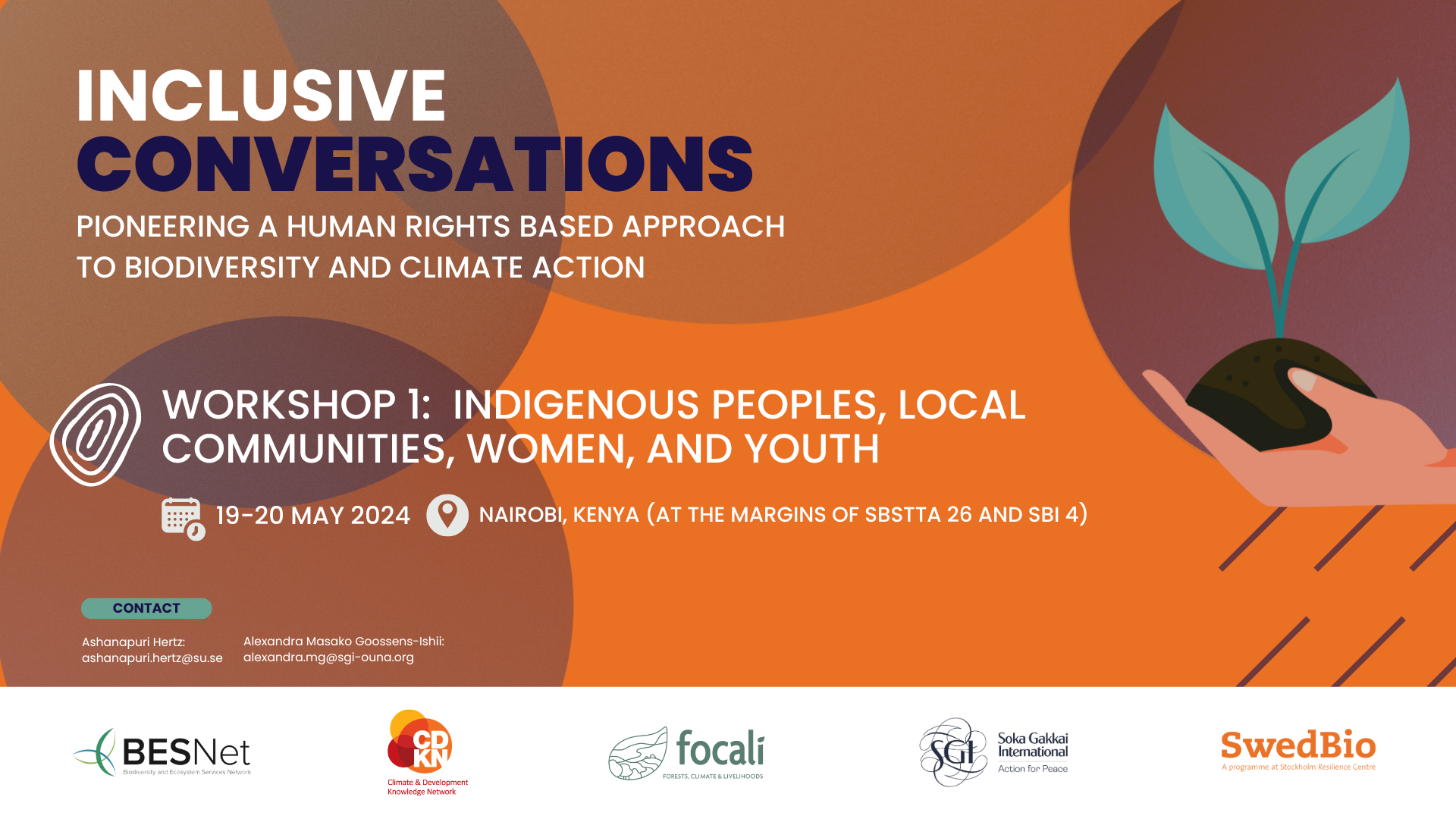
About this Workshop
As part of the dialogue process – comprised of a series of three workshops – Workshop 1: Indigenous Peoples, Local Communities, Women and Youth will focus on empowering Indigenous Peoples, local communities, women and youth.
It aims to incorporate their unique perspectives and knowledge into biodiversity and climate action strategies, ensuring that these groups have a voice in the dialogue.



About the Workshop Series
The functioning of human societies and ecosystems is interdependent with the state of climate and biodiversity. The Paris Agreement and the Kunming-Montreal Global Biodiversity Framework (KMGBF) recognize the importance of respecting, protecting and fulfilling human rights. The latter especially states that its implementation requires a Human Rights-Based Approach (HRBA). An HRBA ensures that policies, governance and actions actively seek ways to support and promote human rights in their design, implementation, monitoring, evaluation and learning. It recognizes that actions, policies and projects have different impacts on people and seeks to consider these impacts, addressing their root causes to ensure the effective enjoyment of human rights for all. Adopting an HRBA for biodiversity and climate action involves identifying power dynamics, inequalities and discrimination, as well as providing transparency and strong accountability through monitoring, evaluation and reporting.
Recognizing the diversity of actors, as well as their associated knowledge, views, experience and proposals, in addressing biodiversity and climate change in a synergistic manner, there is a need for actors to come closer to convergence on what an HRBA applied to biodiversity and climate action means.
The overarching goal of this dialogue process is to advance the understanding and strengthen the capacity of various actors, both duty bearers and rights holders, in implementing an HRBA for biodiversity and climate action. This will contribute to the implementation of the KMGBF across all levels and other international frameworks related to biodiversity and climate change.
This dialogue process comprises a series of three workshops followed by a multi-actor dialogue seminar, that aims to advance efforts in addressing gaps between internationally agreed framework and implementation at the national and sub-national levels.
The workshops, as parts of the pre-dialogue process, will be held with stakeholder groups spanning duty bearers and rights holders, whereas the multi-actor dialogue seminar will be attended by representatives of participants from a mix of actors taking part in the previous workshops.
As part of a dialogue process, three workshops will be conducted with diverse stakeholder groups. Each workshop will be held with different configurations of actors, taking into account asymmetric power issues that can arise from diverse knowledge systems.

About the Workshop Series
The functioning of human societies and ecosystems is interdependent with the state of climate and biodiversity. The Paris Agreement and the Kunming-Montreal Global Biodiversity Framework (KMGBF) recognize the importance of respecting, protecting and fulfilling human rights. The latter especially states that its implementation requires a Human Rights-Based Approach (HRBA). An HRBA ensures that policies, governance and actions actively seek ways to support and promote human rights in their design, implementation, monitoring, evaluation and learning. It recognizes that actions, policies and projects have different impacts on people and seeks to consider these impacts, addressing their root causes to ensure the effective enjoyment of human rights for all. Adopting an HRBA for biodiversity and climate action involves identifying power dynamics, inequalities and discrimination, as well as providing transparency and strong accountability through monitoring, evaluation and reporting.
Recognizing the diversity of actors, as well as their associated knowledge, views, experience and proposals, in addressing biodiversity and climate change in a synergistic manner, there is a need for actors to come closer to convergence on what an HRBA applied to biodiversity and climate action means.
The overarching goal of this dialogue process is to advance the understanding and strengthen the capacity of various actors, both duty bearers and rights holders, in implementing an HRBA for biodiversity and climate action. This will contribute to the implementation of the KMGBF across all levels and other international frameworks related to biodiversity and climate change.
This dialogue process comprises a series of three workshops followed by a multi-actor dialogue seminar, that aims to advance efforts in addressing gaps between internationally agreed framework and implementation at the national and sub-national levels.
The workshops, as parts of the pre-dialogue process, will be held with stakeholder groups spanning duty bearers and rights holders, whereas the multi-actor dialogue seminar will be attended by representatives of participants from a mix of actors taking part in the previous workshops.
As part of a dialogue process, three workshops will be conducted with diverse stakeholder groups. Each workshop will be held with different configurations of actors, taking into account asymmetric power issues that can arise from diverse knowledge systems.




